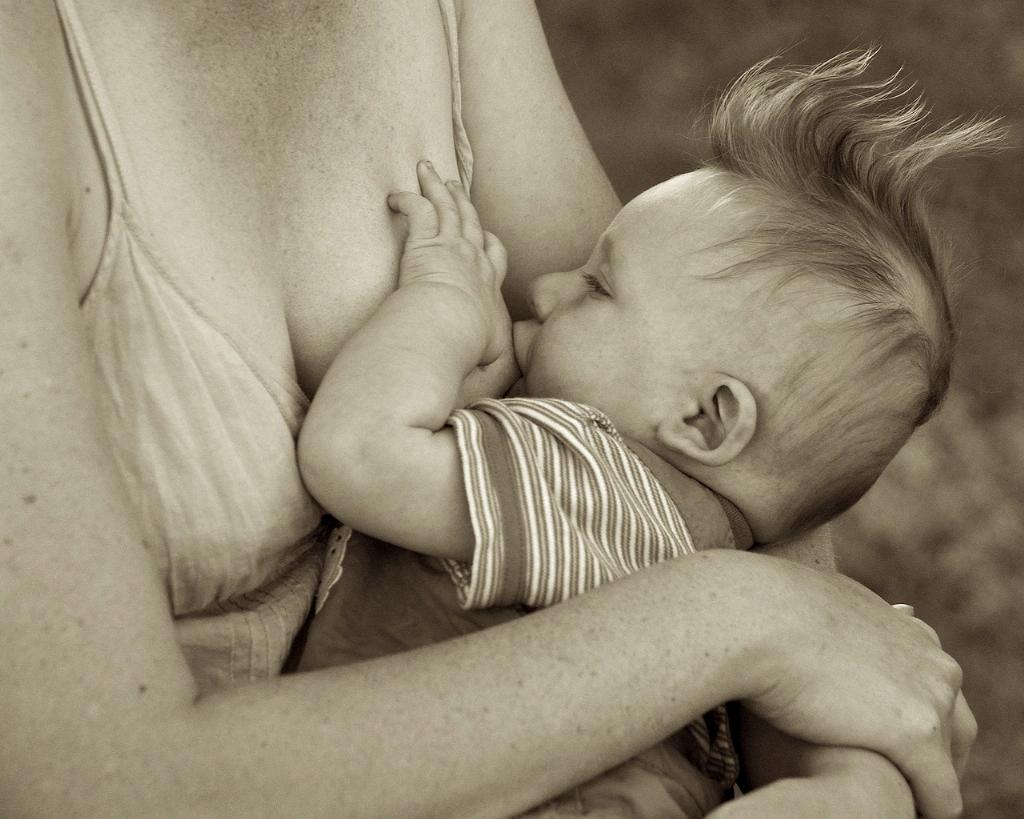When it comes to breastfeeding, many mothers are often concerned about the impact of their diet on their little ones. One common question that arises is, “Does Mother Diet Affect Breastfed Baby?” The answer to this question is not a simple yes or no but requires a deeper exploration of the relationship between maternal nutrition and infant well-being.
Food Sensitivities and Allergies
It is possible for a breastfed baby to have a reaction to something the mother eats. Certain foods like beans, broccoli, cauliflower, or dairy products can lead to symptoms such as fussiness, gassiness, or colic in some infants. These reactions are often due to food sensitivities or allergies that the baby may have.
Nutrient Transfer Through Breast Milk
One of the key ways in which a mother’s diet can affect her breastfed baby is through the transfer of nutrients via breast milk. The quality of nutrients consumed by the mother directly impacts the nutritional content of breast milk, which serves as the primary source of nourishment for the infant.
Impact on Infants’ Digestive System
Some foods consumed by the mother can affect the composition of breast milk and, in turn, impact the baby’s digestive system. Certain foods may be harder for the infant to digest, leading to digestive issues such as gas, bloating, or even diarrhea.
Common Culprits for Fussy Babies
Among the common culprits known to cause fussiness in breastfed babies are dairy products, caffeine, spicy foods, and gas-inducing vegetables. It is essential for mothers to be mindful of their diet and observe any patterns of discomfort or irritability in their infants after feeding.
Managing Food Sensitivities
If a mother suspects that her baby is sensitive to certain foods in her diet, she may consider eliminating them temporarily to see if the symptoms improve. Keeping a food diary and tracking the baby’s reactions can help identify potential triggers and make necessary dietary adjustments.
Balanced Nutrition for Breastfeeding Mothers
While it is important to be cautious about potential allergens or irritants in the diet, breastfeeding mothers should focus on maintaining a well-rounded and balanced nutritional intake. Adequate hydration, consumption of fruits and vegetables, lean protein, and whole grains contribute to optimal milk production and overall health.
Consulting with a Healthcare Provider
If a mother has concerns about her diet affecting her breastfed baby, it is advisable to seek guidance from a healthcare provider or a lactation consultant. They can offer personalized advice based on the mother’s dietary habits, the baby’s symptoms, and any underlying health conditions.
Importance of Individualized Approach
Every mother-baby pair is unique, and what works for one may not apply to another. It is crucial for mothers to take an individualized approach when navigating the relationship between their diet and their breastfed baby’s well-being, considering factors such as maternal health, infant sensitivities, and feeding patterns.
Monitoring Baby’s Growth and Development
Regular monitoring of the baby’s growth, development, and overall health can provide valuable insights into the impact of the mother’s diet on the infant. If there are concerns about inadequate weight gain, nutrient deficiencies, or persistent digestive issues, further evaluation and dietary adjustments may be necessary.
Creating a Nurturing Environment
Ultimately, the goal of breastfeeding is to provide not only nourishment but also comfort and bonding between the mother and baby. By being mindful of dietary choices, seeking support when needed, and creating a nurturing environment for breastfeeding, mothers can enhance the experience for both themselves and their little ones.

